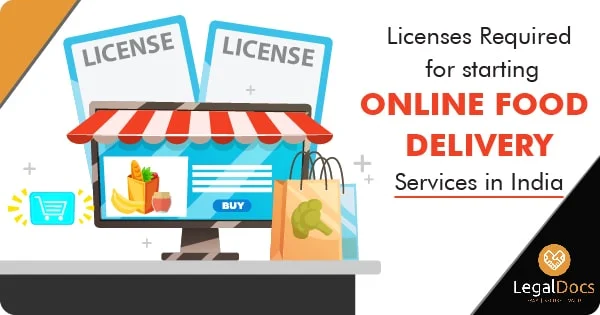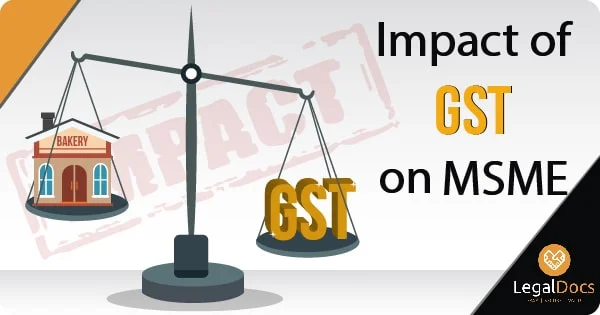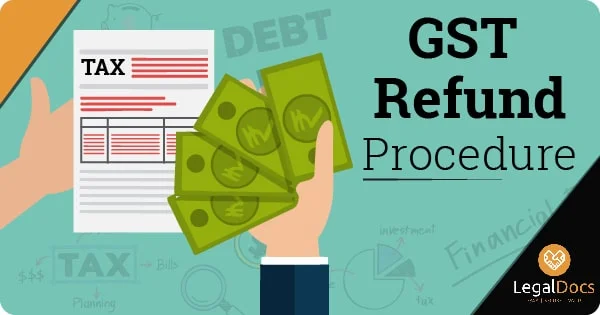Licenses Required for Starting Online Food Delivery Services
Food Delivery Services in India
Planning to run an online food delivery service in India? While it is certainly a lucrative business opportunity, you also need to comply with some regulations. More important than anything else, you’d need to obtain a number of important licenses for running an online food delivery service in India legally. Let’s take a look.
If you’re thinking about starting online food delivery services in India, rest assured that you can never go wrong with a food business. The demand for good food will always exist, especially in today’s ‘microwave generation’ where students and professionals live away from their families and must survive on either quick takeaways, nutrient-deficient hostel food or worse, stale food that’s almost rancid from the night before. In most cases, nutrition, hygiene and taste are compromised - the three key elements that qualify food as edible. Hence, the demand for wholesome meals has burgeoned, especially for online food delivery that can be enjoyed in the comfort of one’s home after a long day at work or college.
Mandatory licenses for starting food delivery services in India
Once you’ve decided to enter the food delivery services industry, here are the compulsory licenses you will need to obtain.
1. Shop Act License
Be it food on wheels, a fine-dining restaurant, or an online delivery service, obtaining a Shop Act License is a must. It is to be applied for within 30 days of business commencement. Regulated by the Department of Labour, this license is state-specific and hence, needs to be registered with the respective State Government.
2. Health Trade License
For businesses whose goods and services may have a direct effect on public health such as manufacturing units, storage and sale, and eating outlets, acquiring a Health Trade License is compulsory. You may obtain this license from the respective Municipal Corporation of your city.
3. FSSAI License
Since FSSAI is responsible for ensuring the safety and quality of food products in India, acquiring an FSSAI License is crucial. You can obtain this license by filing an application with the Food Safety and Standard Authority of India (FSSAI) itself.
4. Trademark Registration
A trademark is a name, initials or logo which sets your product apart from those of your competitors. A mark which distinguishes services is known as a service mark. Since yours is an e-commerce business, you need to ensure that you have a registered trademark to protect your logo against any form of counterfeits or malpractices.
5. GST Registration
Though a threshold limit of Rs. 40 lakhs has been set for other businesses, all e-commerce businesses need to mandatorily acquire the GST Registration as stated under Section 2 (44) of CGST Act of 2017, irrespective of their annual turnover.
6. Signage License
The need for marketing your brand through word of mouth, testimonials, posters and images is perfectly understandable. After all, creating an online presence is indispensable to your business existence. For employing various marketing strategies, you will need a Signage License which can be obtained from your local municipal corporation.
For expert consultation on licenses for food delivery in India, choose LegalDocs for end-to-end legal and documentation support.
 Knowledge Center
Knowledge Center


























LEAVE A REPLY: